Natural ability without education has more often attained to glory and virtue than education without natural ability
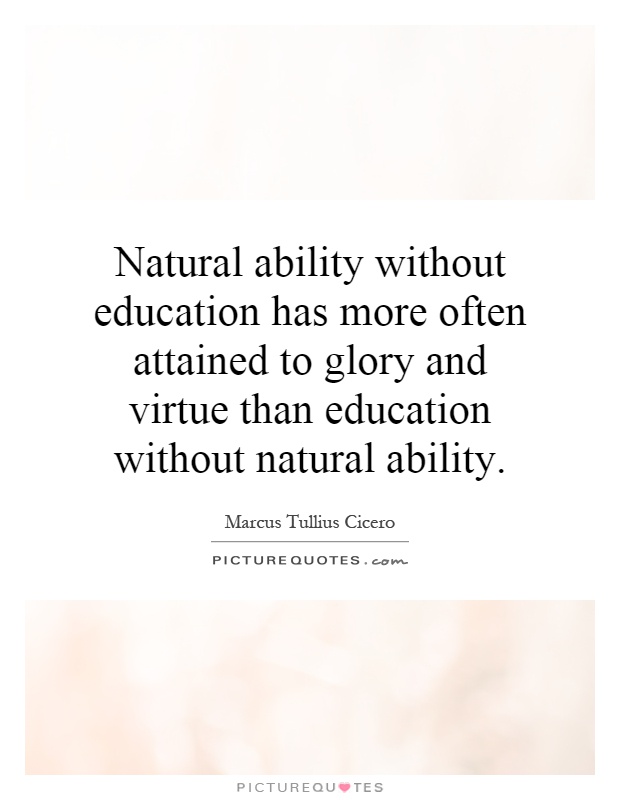
Natural ability without education has more often attained to glory and virtue than education without natural ability
Marcus Tullius Cicero, a Roman philosopher, statesman, and orator, believed in the power of natural ability over education when it came to attaining glory and virtue. In his time, education was highly valued, especially among the elite class, but Cicero argued that innate talent and intelligence were more important in achieving greatness.Cicero himself was a shining example of natural ability. He was known for his exceptional oratory skills and his ability to persuade and inspire others through his speeches. Despite not having a formal education in rhetoric, Cicero was able to rise to prominence in Roman society through his natural talent for public speaking.
Cicero's belief in the importance of natural ability over education can be seen in his own life and career. He was largely self-taught in philosophy and rhetoric, relying on his own intellect and curiosity to learn and grow. This allowed him to develop a unique and powerful voice that resonated with the people of Rome.
In contrast, Cicero also saw examples of individuals who had received a formal education but lacked the natural ability to truly excel. He believed that education alone was not enough to achieve greatness; one also needed to possess innate talent and intelligence. Without these qualities, education could only take a person so far.
Cicero's views on natural ability versus education are still relevant today. In a world where formal education is highly valued, it is important to remember that natural talent and intelligence are equally important in achieving success. While education can provide knowledge and skills, it is ultimately up to the individual to cultivate their own abilities and use them to their fullest potential.
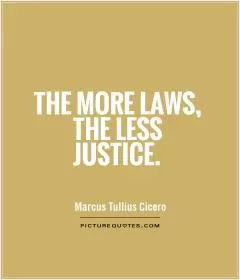
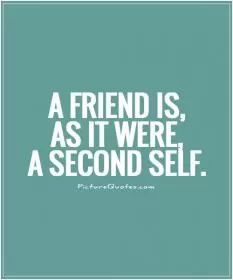
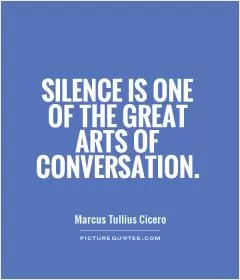
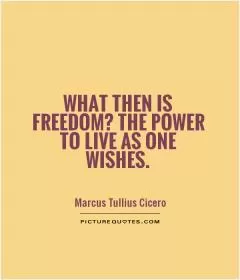
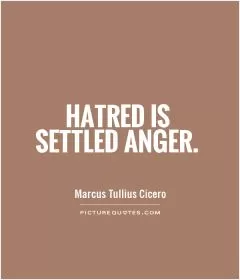
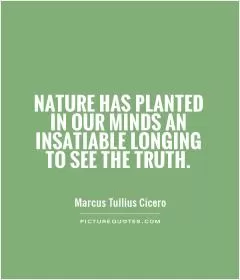
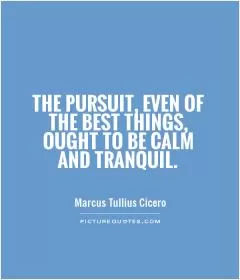
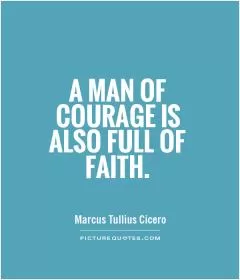
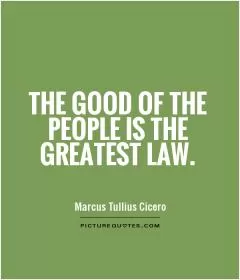

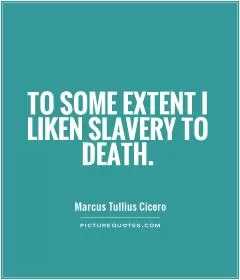
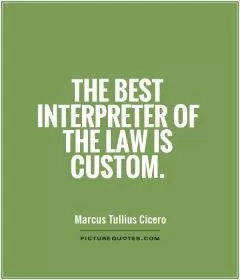
 Friendship Quotes
Friendship Quotes Love Quotes
Love Quotes Life Quotes
Life Quotes Funny Quotes
Funny Quotes Motivational Quotes
Motivational Quotes Inspirational Quotes
Inspirational Quotes